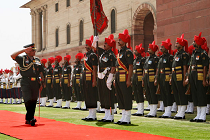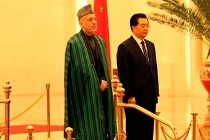Badi Soch: Putin’s Weapon of Mass Diplomacy
This daily column includes Gateway House’s Badi Soch – big thought – of the day’s foreign policy events. This Badi Soch analyses the open letter in The New York Times from Russian President Vladimir Putin to American citizens, arguing against a military strike in Syria.








